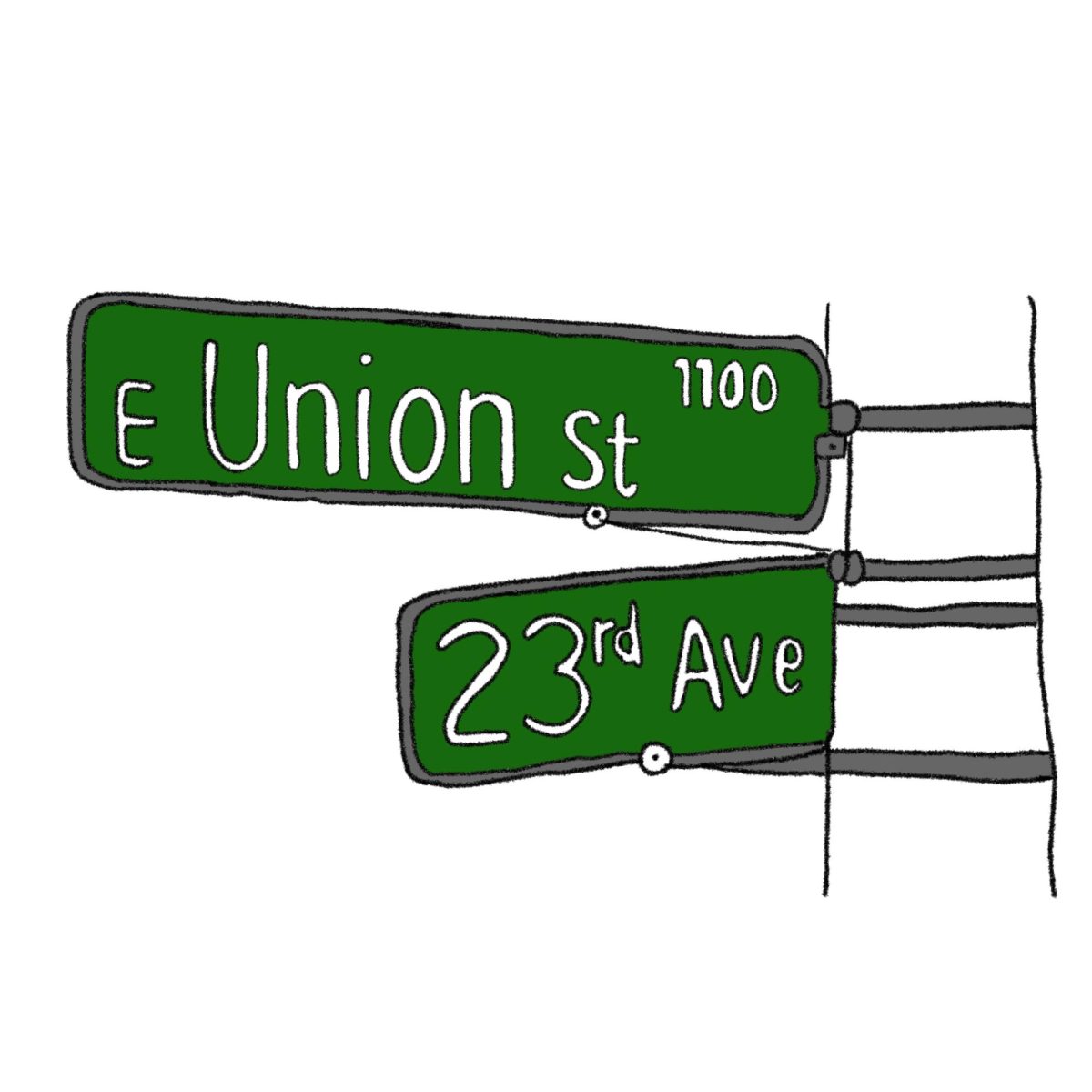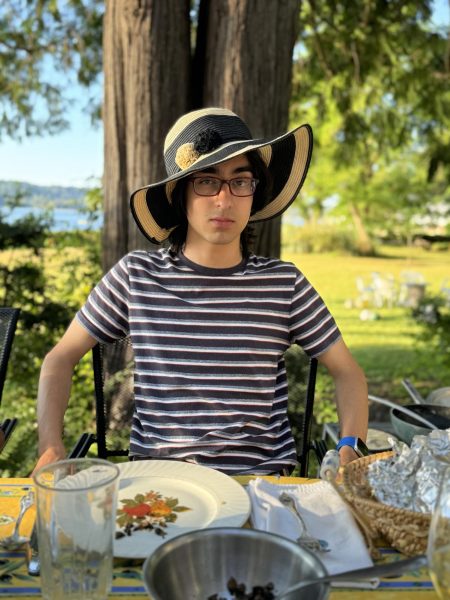This February, Seattle voters will decide whether to reapprove two of the three education levies that provide critical funding to Seattle Public Schools. These levies are property taxes that will raise nearly $500 million a year from 2026 to 2028 if passed. Unfortunately, SPS can’t use the new versions of the levies to make up for the $94 million budget deficit it is facing next school year, because they don’t take effect until 2026. This means that school closures, staff reductions and program cuts are still on the table for next year.
SPS has gotten $191.1 million from levies this school year, about 16% of its total budget. The effects of these funds are felt across the district, but they are particularly relevant to Garfield because they fund a majority of the security positions. They also provide the district with a third of its special education budget and nearly all of its student device and tech support budget. Money spent on middle and high school sports teams also comes from levies, though this is only around $5 million dollars per year.
The issue of school levies was reshaped over a decade ago by a Washington state supreme court case referred to as the McCleary Decision. In the 2012 case, Mathew and Stephanie McCleary et al., v. State of Washington, a group of families and school employees sued the state government over school funding. Their districts were underfunded, especially compared to schools in richer areas where the districts could raise more money from local levies. The state supreme court ruled that Washington was not properly funding public education, which is required by Article IX of the state constitution.
The state supreme court enacted a $100 thousand a day fine in 2014, in order to force the legislature to comply with its decision. In 2017, the state legislature finally passed a sweeping budget overhaul that met the court’s requirement. Often known as the McCleary Compromise, it added billions of dollars to the education budget and made spending entirely based on the number of students in a district. It also limited the amount of money that districts could raise through local taxes. This has led to issues for districts like SPS. The high cost of living in Seattle makes hiring staff and running schools more expensive, and SPS does not get more funding to make up for that.
Public education funding remains an issue across Washington, and has been a key issue for several candidates in this week’s elections.







